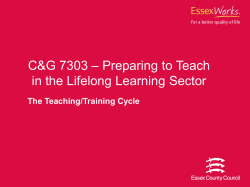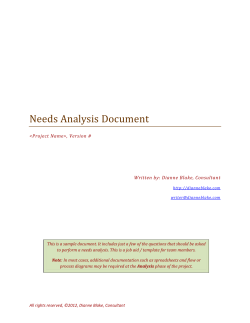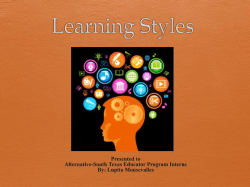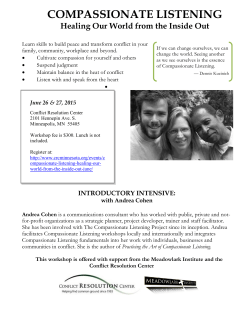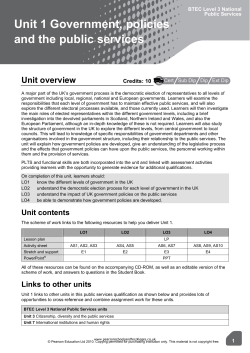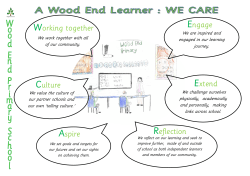
Conducting research in EFL teaching/ learning: practical
Conducting research in EFL teaching/ learning: practical considerations by Anissa Khaldi Research is a systematic way of finding answers to questions. Brown (1988) identifies two basic ways of looking for answers: a. by looking at what other researchers said about an issue; b. by conducting an investigation (through collecting and analysing data, then drawing conclusions). Steps of research The first task of the student is to find an area of interest (.i.e., a research topic), which will be developed into a statement about the objective of the study and its potential significance (i.e., a research purpose). To be able to conduct research, the student needs to narrow the research topic, by formulating a general research question. But an issue that is worth raising is: What is a good research question like? For Mackay and Gass (2005), questions should to be interesting in the sense that they should address current issues. For Dornyei (2007,p.73), the researcher should strive at all cost to avoid running into “so what” response to his investigation. Hence, it is crucial to consider if the general research question is worth asking and answering. Meanwhile, a general research question should be sufficiently narrow (Mackay and Gass, 2005). It should be broken down into secondary research questions to be able conduct the study. A student may ask himself: where can I receive inspiration for a good general research question? General research questions may originate from: a. reading the relevant literature; b. the conclusion sections of research articles, extended essays, doctoral theses which tend to contain suggestions for future research; c. the student’s previous learning experience. After identifying research questions, the student needs to formulate hypotheses for the secondary research questions. They are statements about possible answers based on what the literature suggests (Mackay and Gass, 2005). An example The research topic: listening The purpose (why): to find learners’ listening strategies The general research question: do our learners use their listening strategies effectively? The secondary research questions: do our learners use their cognitive listening strategies effectively? Do our learners use their metacognitive listening strategies effectively? The hypotheses: they may not use their cognitive strategies effectively. They may not use their metacognitive strategies effectively. References Brown, J. D. (1988). Understanding research in second language. Cambridge, UK: Cambridge University Press. Dörnyei, Z. (2007). Research methods in applied linguistics: Quantitative, qualitative, and mixed methodologies. Oxford: Oxford University Press. Mackey, A., & Gass, S. (2005). Second language research: Methodology and design. New Jersey: Lauwrence Erlbaum Associates.
© Copyright 2025
